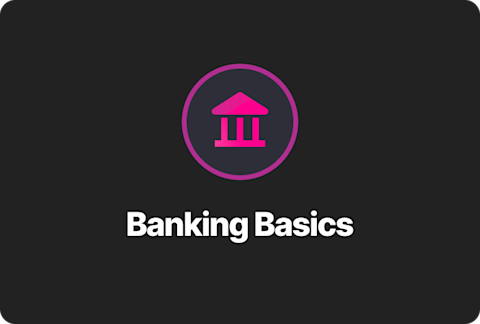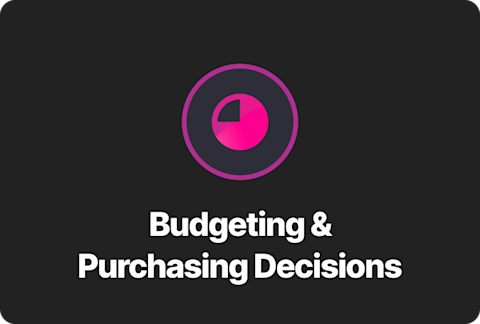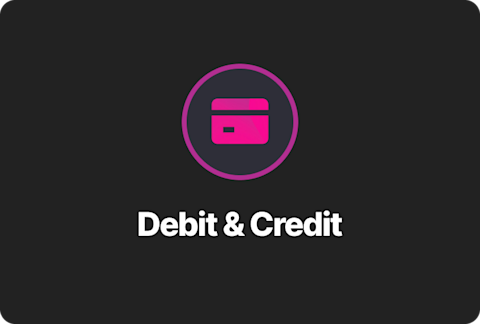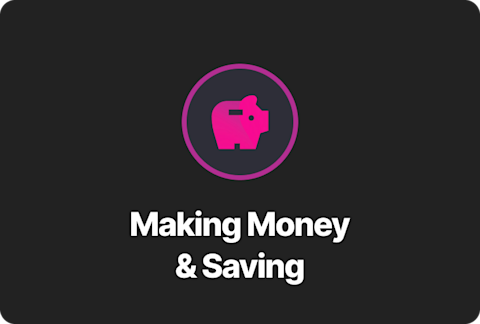Real Talk: Part 7, featuring Kriti Sarav
Breaking down money basics & answering all your #BurningMoneyQuestions

It’s already the last week of April, can you believe it? While we may be nearing the end of Financial Literacy Month, that doesn’t mean we’re done sharing tips about money management. At Step, we’re committed to helping you take control of your financial lives all year round!
Today’s guest, Kriti Sarav, would agree with us. At 16-years-old, she is the founder and podcast host of WhyFI Matter$, a global platform for teen financial literacy, entrepreneurship and economics. Read on to hear more about her relationship with money and how she’s helping teens get #FinLit!
You’re the founder & podcast host of WhyFI Matter$. What made you want to get into the financial literacy space and why are you so passionate about it? 💸
In 2019, my family went through some financial changes, prompting transparent conversations about money between me and my parents. This was an eye-opening experience for me because prior to this, my relationship with money was only about how I spent it - budgeting, saving and investing had not crossed my mind yet.
Shortly after that, the pandemic began, disrupting the economy and massively impacting so many people’s lives. This really made me think about the importance of financial literacy and what a crucial role it can play in your financial future and overall well-being. Once I started digging in more, I was also surprised by how little I actually knew about money management. So, I decided to start WhyFI Matter$ to help teens like me, who are working towards achieving their financial independence.
What do you think is the biggest challenge facing today’s teens on their quest to achieve financial independence? What can banks do to help? 🏔
I think the biggest challenge is that finances can seem really boring and it’s still considered a taboo topic to many teens. We desperately need to change this mentality because a lack of financial literacy can negatively impact our futures. By making financial literacy fun, trendy and interesting for teens, we can start to take ownership of our financial journeys.
Gen Z also lives in the digital age and banks need to realize the way we operate is different from previous generations. We like things to be fast, mobile and at our fingertips. For example, Gen Z prefers to open bank accounts online instead of going to a brick-and-mortar location. Banks should realize this and find more innovative ways to cater to young customers.
What’s the most important thing you’ve learned about money management so far? Any good tips you can share? 🤔
Understanding the importance of having multiple streams of income is one of the best money management tips I’ve received. Income can be active or passive, but it’s good to have a mix of both.
For example, most of us have active sources of income that come from jobs we show up to and work a certain number of hours. But, if you can complement that with some passive income (meaning you’re able to make money without lifting a finger) like investments, your wealth will grow much faster and give you more financial security!
You recently interviewed Step for your podcast. What about the company stood out to you? 💗💙💛
I really love how Step puts the power in teens' hands. Instead of focusing on parents, Step’s innovative products such as the debit-style credit card, allow teens to be more independent. As a result, teens are able to take ownership of their money and develop their own relationships with banks, free from outside influences.
What’s one burning money question you have? 🔥
Why should teens start building their own credit scores now? Will first off, 71% of teens say they are worried about their credit scores, and with good reason. The house or apartment you live in, your family car and even your cell phone are impacted by your credit score. And, as you get older, this is something banks, landlords and car dealerships frequently look at to help determine whether they’d like to do business with you. Needless to say, having a good credit score can open a lot of doors as an adult and save you money.
To learn more about credit scores and how Step can help you start building them today, check out this article. And, remember to keep flexing that #StepMoneyMindset! 💪








